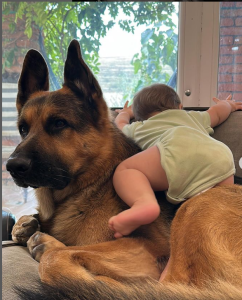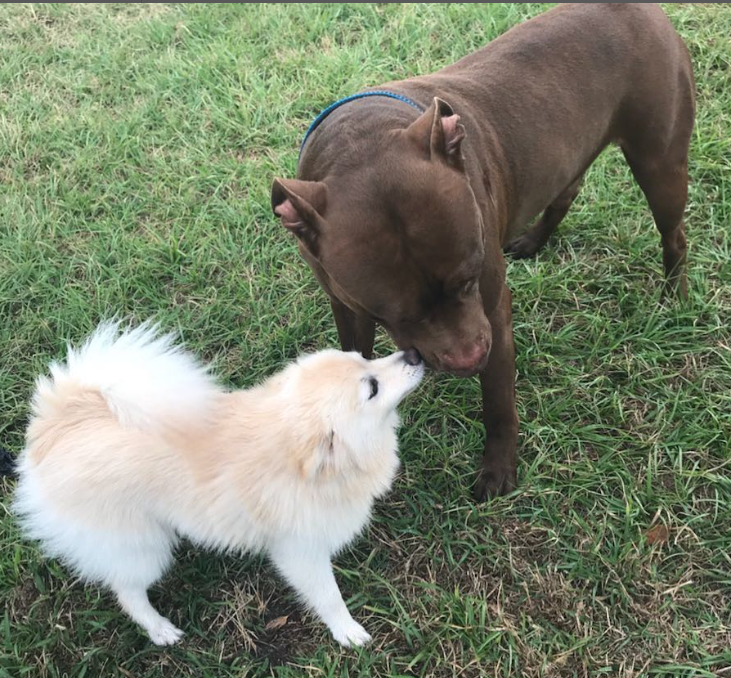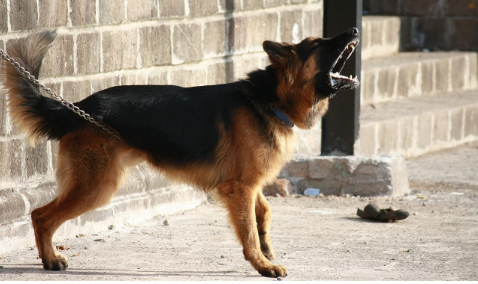Dog Meets Baby: How to Introduce Your Furry Friend to Your New Arrival
It can be pretty thrilling to welcome a new baby. A new routine and way of life for the entire family, including your pets, may also be in store. Because our dogs are highly attuned to us, they have probably already recognized that something is off during such a momentous occasion as a pregnancy. However, just because your dog has noticed unfamiliar vibes in the air doesn’t mean he knows what they represent. The experience of bringing home a new baby can be enjoyable for you and your pet if you prepare ahead of time and make early adjustments to their routine.
A newborn is a very odd creature to your dog. Why are they so strange-smelling and sounding? Why are they unable to move independently? And all of a sudden, they are consumed by my owner’s time and attention, too? It’s nearly complicated to foresee your dog’s reaction to your newborn. Even the most well-mannered dogs may become thrilled out of control and wreak havoc!
Prior planning makes it easier for your dog to immediately adjust to their new life when you unexpectedly bring your kid home.
For this reason, it’s critical to begin training your dog’s behavioral skills well before the baby’s arrival and gradually modify their routine so that your dog will still be under control when it comes!
Tactics to Use to Introduce Your Furry Friend to Your New Arrival
@ Create New Schemas

It takes routines to have well-behaved dogs. Your dog has developed habits for playing, going for walks in the morning, eating times, toilet breaks, and nighttime.
Your dog could become bewildered if a new infant enters the home and throws all these routines off. For your dog to know what to anticipate when the baby arrives, it’s ideal to start forming new routines as soon as possible.
Start introducing new routines a few months before your due date to give them time to adjust.
Start your dog walks at this new time if you plan to take the baby outside in the stroller at a different time. Prepare your dog for this new schedule if bedtime is earlier.
Additionally, be aware that you must take your dog’s focus elsewhere when you have a new baby.
It’s tempting to spoil your dog with love just before the baby arrives to make up for this, but your dog will suffer more from this. “I got all this attention until the baby showed up,” they might be thinking to themselves. It wouldn’t be beneficial for anyone if they connected this neglect to the infant!
Thus, wean your dog off of continual attention as soon as possible.
@ Establish Limits for Your Dog and Infant

Establish rules about when the nursery can and cannot accept dogs a few months before the baby is due. It is preferable if your dog is sufficiently trained to enter a room only with your permission. The Boundaries Bud Game, one of our 21 Impulse Control Games, can help if needed.
Thinking about changing the house rules a few months before your new baby arrives is a beautiful idea.
Does the dog’s presence on the bed and furniture still appeal to you?
When you establish new guidelines, educate your dog to abide by them.
@ Encourage your dog to embrace your child
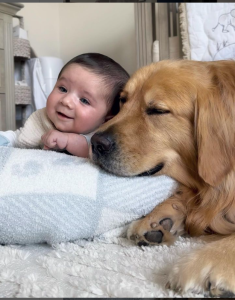
Your pet may feel stressed out and disoriented by all the unfamiliar sounds and smells in the house. When the baby cries, squeals, or coos, reward your dog with a treat to help them get along. This way, your dog will learn to associate the baby’s sounds with something good. Furthermore, as you hold each item of clothing, diaper, and foot to your child’s nose, allow your pet to sniff them all rather than making everything baby off-limits. Since dogs use scent to discover a lot about their environment, acquaint your dog with your baby’s sweet and stinky aroma and reward him with a treat. At the same time, he sniffs peacefully, which may deter your dog from digging into and damaging your baby’s belongings.
@ Bond with your dog and baby at the same time
Your goal is for your dog to learn that having the kid around doesn’t always mean bad things will happen. Test your ability as a multitasking new mother by playing with a ball while you cuddle with your adorable two-legged friend or cuddling your dog while you feed your infant. Give your dog a new chew toy to play with while you’re at work if your infant requires your undivided care. Alternatively, place the dog bed next to your infant’s bounce house or changing table and give it a toy or treat. Your dog will likely be less hyperactive if he associates baby time with pleasure or quality time with you.
@ Bring Up Your Child to Respect Dogs
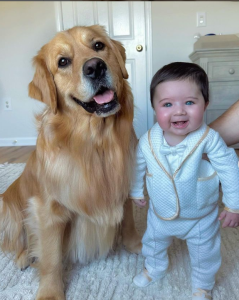
Acknowledgment is reciprocal. Thus, as you instill respect for the infant in your dog, remember to instill the same in your child.
Socializing your infant with your pets is as vital as introducing them to other children, family members, and strangers. When your infant gets more extensive, avoid letting them jump on your dog or accompany it into its box, and avoid letting them tug on its tail or ears.
You are responsible for ending the playtime with your dog if you notice that they are not having fun and are panting, lip-licking, or turning away.
@ Get rid of that energy
Without question, your baby’s requirements have taken precedence over your previous pets’, and your former pets’ demands have almost completely disappeared from your list of priorities. Exercise, however, may take care of both at once and is a terrific opportunity for family members with two and four legs to let off steam. Walking will also help your woofer release stored energy for something more positive. Therefore, take your dog with you when you go out with the infant. If that is not feasible, ask your spouse, a friend, or a dog walker to take him for a walk or some fun in the backyard. Recall that an exhausted dog tends to behave better.
